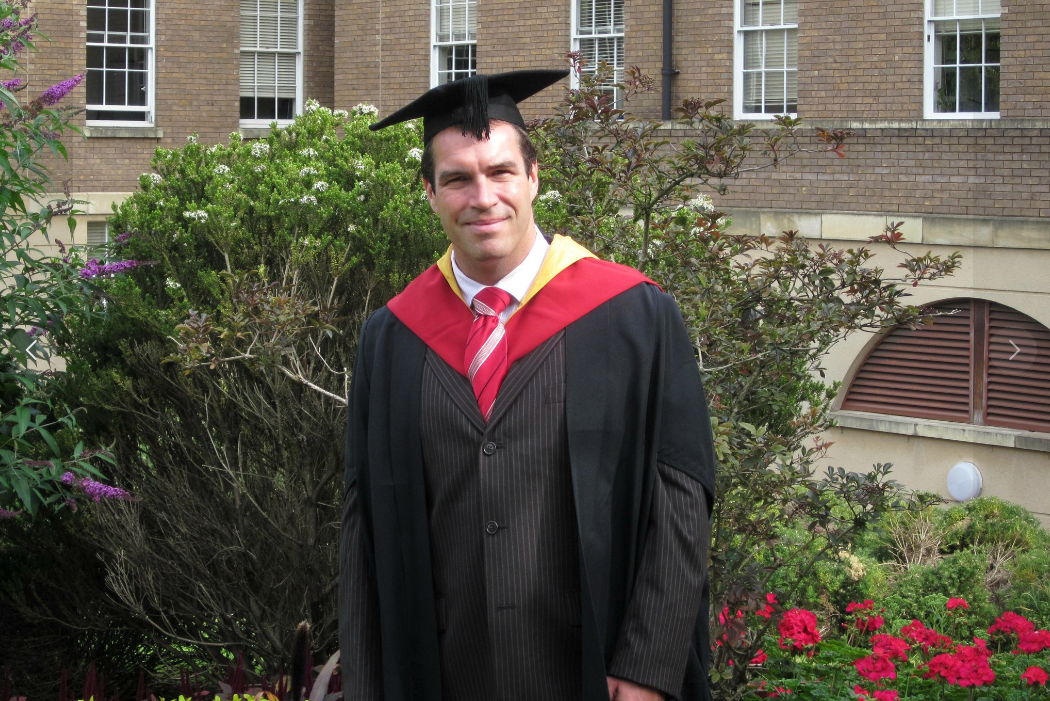As the son of a Royal Naval Officer, I grew up surrounded by tales of resilience and fortitude. Yet, it wasn’t until I listened to my colleague Bill Sullivan’s presentation, “The Importance of Resilience: Lessons Learned on the Battlefield,” that I truly began to question the nature of my own resilience. This presentation, which can be found here, resonated deeply with me, prompting a reflection on my journey from the cozy streets of Plymouth to the global stages of advertising and tech sales.
It made me ponder: How have the lessons of resilience, often associated with the battlefield, manifested in my civilian life? How have my experiences, choices, and the paths I’ve taken demonstrated a resilience akin to that of my father’s naval legacy?
Life’s rich tapestry, woven with threads of challenge and opportunity, is a testament to the spirit of resilience. My journey, though markedly different from the military experiences of my father, has been a vivid example of this spirit. But resilience isn’t just my story; it’s a shared narrative of adaptation and growth, a journey of learning to turn “whine” into “wine.”
From Sports Psychology to Advertising and The Yellow Pages: A Journey of Adaptation
Facing redundancy was a pivotal moment in my career. Initially, joining The Yellow Pages was a necessity, primarily to pay the rent. However, this unexpected detour turned into a remarkable opportunity. The structured training and development I received, considered among the best in the business at the time, not only equipped me with invaluable skills but also set the foundation for my future success. It was a powerful lesson in embracing change and finding hidden opportunities in seemingly adverse situations.
Transitioning from a degree in sports psychology (after starting out studying mathematics) to working in advertising sales was a thrilling plunge into the unknown. Applying psychological principles in a new context demanded adaptability and a passion for learning. Each client interaction and brainstorming session became a lesson in resilience, shaping me into a more agile professional.
The Bermuda Transformation: Leading Digital Change
In Bermuda, I embarked on a mission to transform a legacy Yellow Pages company into a dynamic digital agency. This challenge involved not just technological change but also a significant shift in mindset for both the sales team and our clients.
Personal Anecdote: Leveraging my sales training background, I took sellers who had never sold digital products on a learning journey. I guided them through the nuances of digital sales, overcoming resistance to change by demonstrating the tangible benefits of new digital platforms. Similarly, I educated our customers about the value of engaging through new channels like web, video, and social media. This dual approach of educating both our team and our clients was instrumental in successfully navigating this digital transformation. It was a testament to the power of effective communication and the importance of guiding others through change.
The Return to Tech: Leveraging Past Experiences
Finding my way back to technology sales was a challenge that required patience and persistence. The digital transformation in advertising created an opportunity for me to leverage my sales experience and technological insight, turning a setback into a strategic advantage. Moving to Sydney in Australia gave me the opportunity to engage with global technology business and ultimately join Salesforce.
Bridging Knowledge Gaps: The MBA Journey
Pursuing an MBA was a strategic move to bridge the gap between my background and the evolving demands of the business world. This step equipped me with the knowledge and confidence to navigate the corporate world more effectively.
Expert Insights and Personal Growth
Drawing inspiration from experts like Carol Dweck and Angela Duckworth (see below for links), I’ve learned that resilience is shaped by personal experiences and a growth mindset. Each career pivot, including the transformative journey in Bermuda, has been a lesson in grit, adaptability, and embracing a growth mindset.
A Toast to Resilience: Sharing Your Journey
Let’s celebrate the resilience within each of us. Embrace your unique challenges, expand your knowledge, and adapt with courage. Share your story and learn from others.
Discussion Point: How have you transformed challenges into opportunities in your career?
Carol Dweck
- “Mindset: The New Psychology of Success”
- Articles and Research Papers
- Carol Dweck’s research papers can be found on academic databases. For a more general audience, her faculty page at Stanford University provides an overview and access to some of her work: Carol Dweck’s Stanford Faculty Page
Angela Duckworth
- “Grit: The Power of Passion and Perseverance”
- TED Talk: “Grit: The Power of Passion and Perseverance”
- Articles and Research Papers
- Angela Duckworth’s research papers are also available on academic databases. Her faculty page at the University of Pennsylvania provides an overview and links to some of her publications: Angela Duckworth’s UPenn Faculty Page
